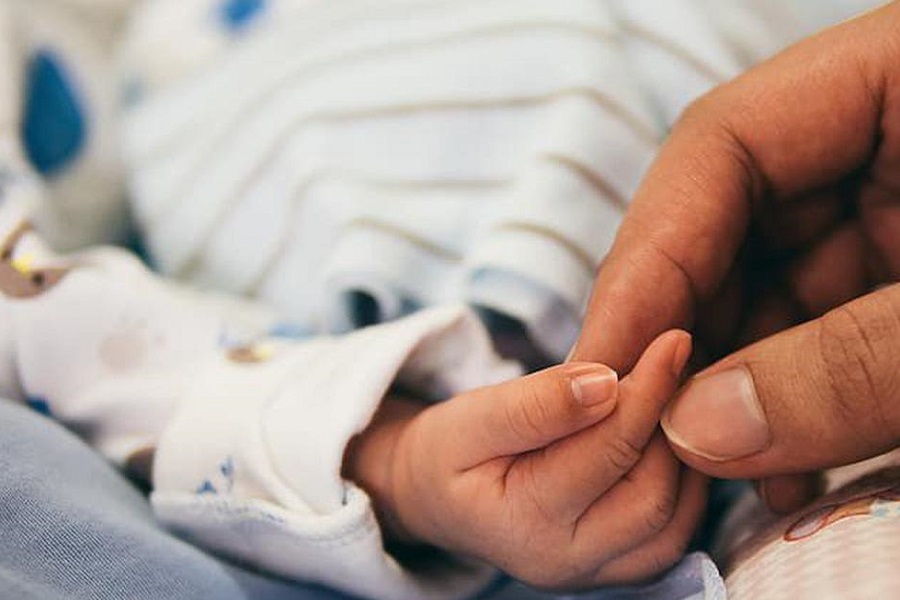11 Dec 2024

Tired Earth
By The Editorial Board

Women exposed to air pollution give birth to smaller babies. The research also shows that women living in greener areas give birth to bigger babies and this may help counteract the effects of pollution.
There is a strong relationship between birthweight and lung health, with low birthweight children facing a higher risk of asthma and higher rates of chronic obstructive pulmonary diseases (COPD) as they grow older.
Researchers say there is a need to reduce air pollution and make towns and cities greener to help protect babies and their developing lungs from potential harm.
The study was based on data from the Respiratory Health in Northern Europe (RHINE) study and presented by Mr Robin Mzati Sinsamala, a researcher in the Department of Global Public Health and Primary Care at the University of Bergen (UiB), Norway. It included 4286 children and their mothers living in five European countries (Denmark, Norway, Sweden, Iceland and Estonia).
The researchers gauged the greenness of the areas where the women were living during pregnancy by measuring the density of vegetation on satellite images. This vegetation includes forests and farmland as well as parks in urban areas. The researchers also used data on five pollutants: nitrogen dioxide (NO2), ozone, black carbon (BC), and two types of particulate matter (PM2.5 and PM10). The average levels of air pollution were within European Union standards. Researchers compared this information with the babies' birthweights, taking account of factors that are known to affect birthweight, such as mother's age, whether the mothers smoked or had any other health conditions.
They found that higher levels air pollution were linked with lower birthweights, with PM2.5, PM10,NO2 and BC associated with average reductions in birth weight of 56g, 46g, 48g and 48g, respectively. When researchers took greenness into account, the effect of air pollution on birthweight was reduced. Women who lived in greener areas had babies with slightly higher birth weight (27g heavier on average) than mothers living in less green areas.
Mr Sinsamala said: "The time when babies are growing in the womb is critical for lung development. We know that babies with lower birthweight are susceptible to chest infections, and this can lead on to problems like asthma and COPD later on.
"Our results suggest that pregnant women exposed to air pollution, even at relatively low levels, give birth to smaller babies. They also suggest that living in a greener area could help counteract this effect. It could be that green areas tend to have lower traffic or that plants help to clear the air of pollution, or green areas may mean it's easier for pregnant women to be physically active."
The study is part of a wider programme of research called Life-GAP (Lifespan and inter-generational respiratory effects of exposures to greenness and air pollution) that is investigating the effects of air pollution and greenness on lung health in generations of Europeans over the long term.
European Respiratory Society Advocacy Council Chair, Professor Arzu Yorgancioğlu, who was not involved in the research, says: "This study adds to a growing body of evidence on the damage that air pollution is having on our health, especially in vulnerable babies and young children. Women who are pregnant will want to protect their babies from potential harm. However, as individuals, it can be difficult to reduce our exposure to air pollution or make our neighbourhoods greener.
"As doctors and researchers who care about children's health, we need to put pressure on governments and policy-makers to lower the levels of pollution in the air we breathe. This study also suggests that we could help to mitigate some of the effects of pollution by making our neighbourhoods greener."
Source : sciencedaily.com
Comment